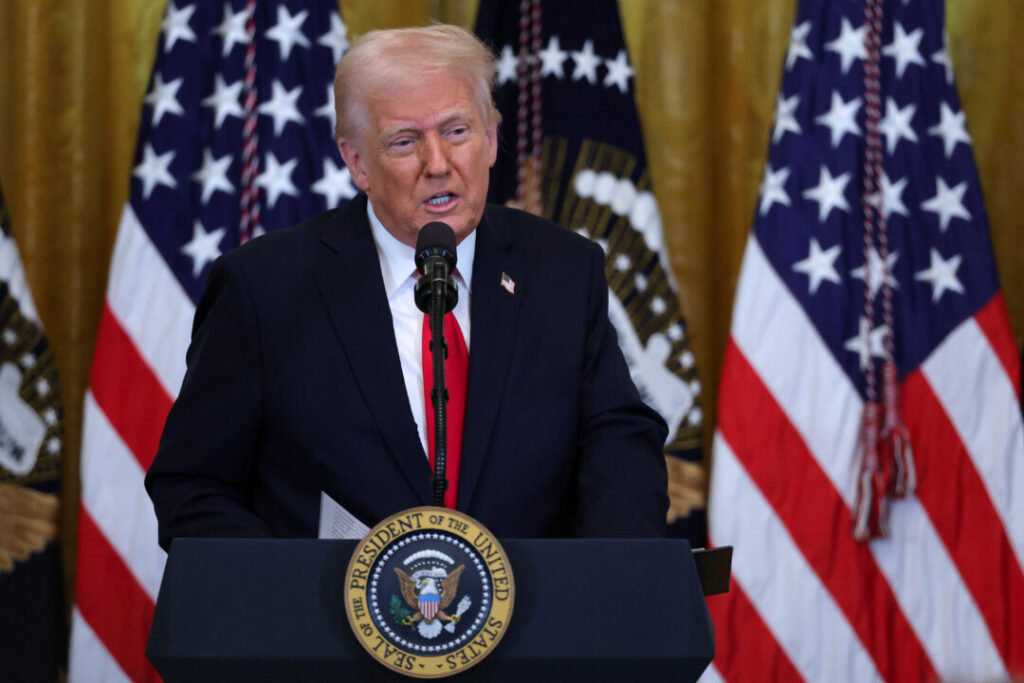US President Donald Trump has said that if his administration coordinates the joint response to US tariffs, it will impose even greater tariffs on both Canada and the European Union.
Canada and the EU have not announced a coordinated response to Trump’s tariffs, but both have individually said they will retaliate. Canada and the EU are debating their cooperation in other areas, such as defense procurement, and Ottawa is looking to expand trade between Europe and Asia to reduce dependence on the US.
Automobile importers under the US-Mexico-Canada Free Trade Agreement can “certify US content,” so a 25% tariff will only apply to the value of non-US content, Fact Sheet said. Auto parts complying with trade agreements will remain free of tariffs until a process is created to apply customs duties to non-US content.
Liberal leader Mark Carney responded to the tariff announcement on March 26 by calling it a “direct attack” on Canadian workers, and said Ottawa would consider retaliatory actions. Canada has already placed tariffs on US goods of $30 billion in response to the past 25% tariffs on Canadian products.
“Now is the time to control and reboot the economy so that we can stand up from a strength standpoint against President Trump’s unfair threat and tariffs,” he said.
The European Commission said on March 27 that it was waiting for US mutual tariffs to take effect before deciding on measures.



